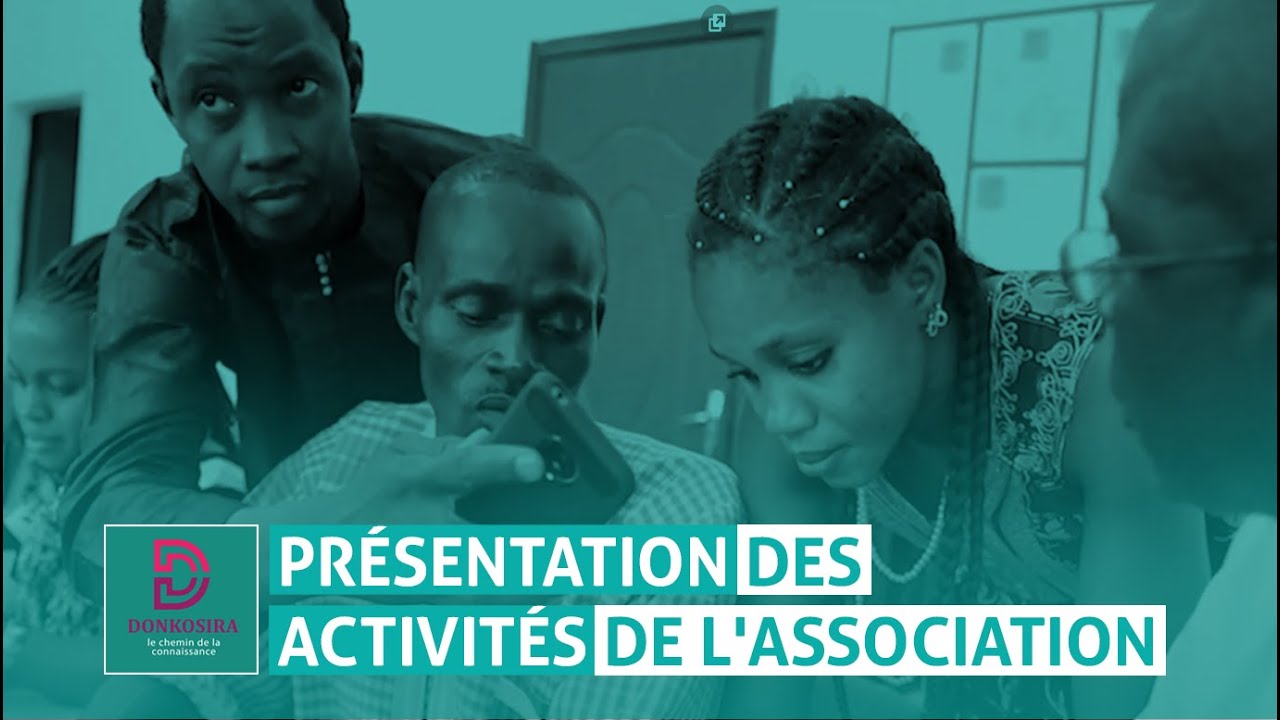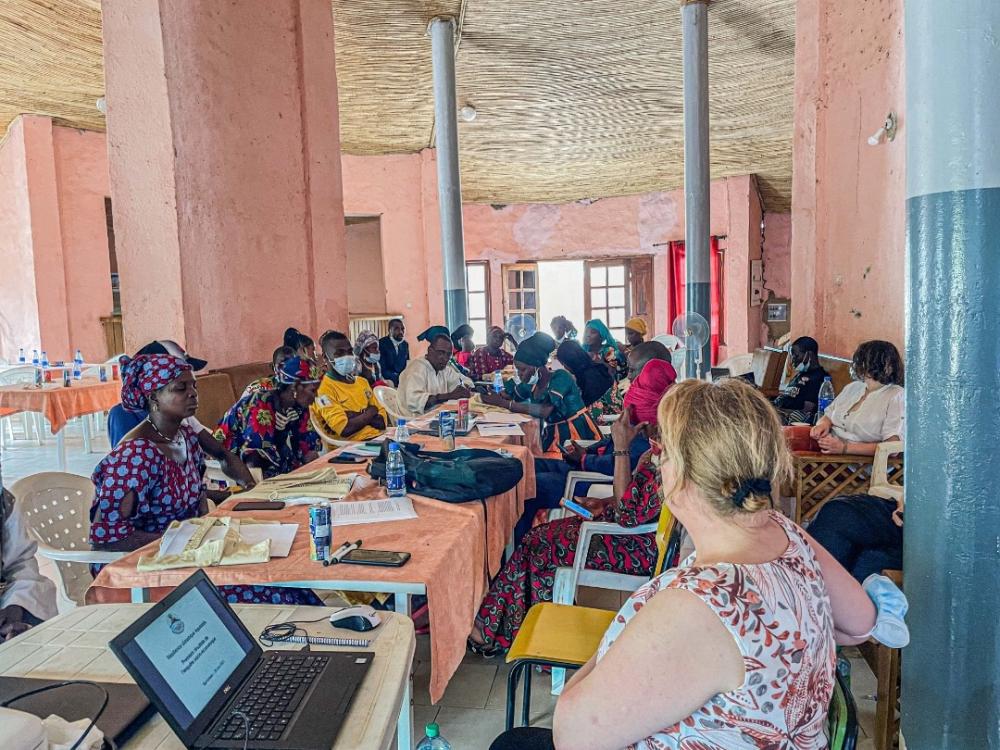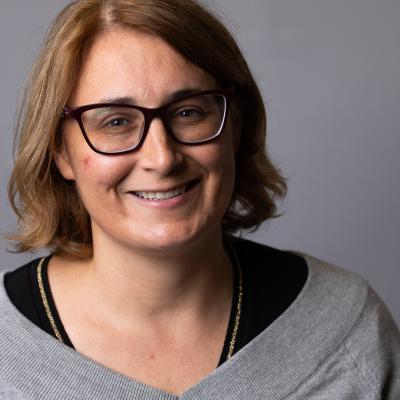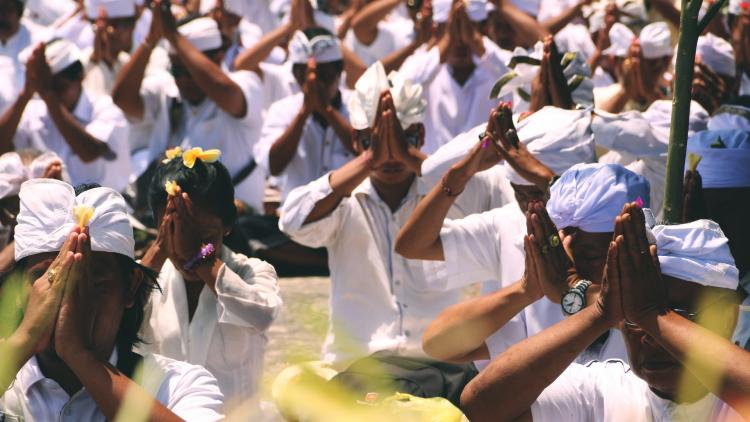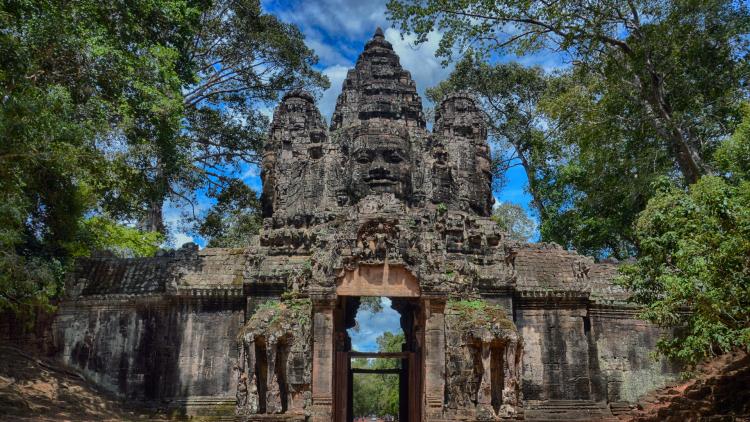Watigueleya Kèlê: Equitable Climate Resilience in West Africa
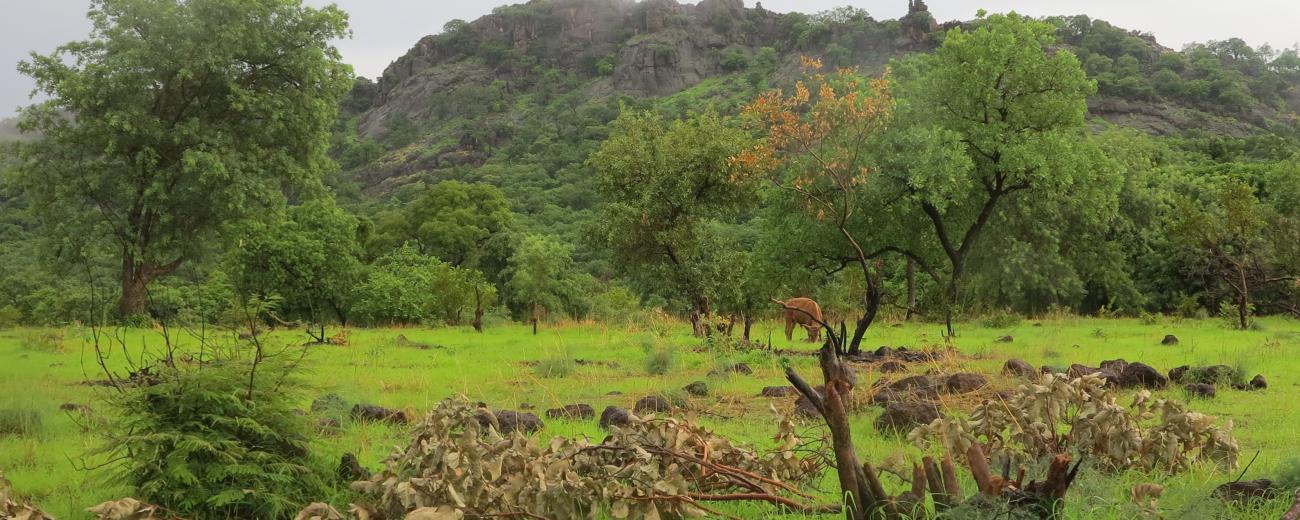

The term Watigueleya Kèlê means "coping with environmental difficulties" in Bamanan (or Bambara), a lingua franca from Mali widely spoken in Western Africa.
Research objective
Watigueleya Kèlê is a research action programme funded by UKRI and led by the SOAS School of History, Religions and Philosophies (PI Marie Rodet) and conducted in collaboration with:
- University of Sussex (UK), Department of Anthropology (Co-I Melis Ece)
- Sciences Po Bordeaux (France), Research Centre LAM (Les Afriques dans le Monde) (Co-I Elara Bertho)
- Donkosira, a Malian NGO promoting the value of local knowledges in West Africa (Mali)
The focus of the research action programme is on long-term resilience strategies developed by marginalised communities to respond to socioecological stress and climate-related disasters in West Africa. The programme aims at achieving a comparative understanding of local resilience strategies of women and people locally considered “descendants of formerly enslaved populations” in 10 communities in Mali, Senegal and Guinea.
Through a suite of activities involving knowledge sharing among communities and with policy makers at different scales, Watigueleya Kèlê aims at opening pathways for a more equitable access to resources and to their governance by these communities, ensuring that their long-standing role in local resilience building is recognised and valued.
Communities we work with
We work with women and people who are locally considered “descendants of formerly enslaved populations” living in Banzana, Bouguarila, Bouillagui, Monzona (villages in Mali); Bandafassi, Medina Boulacounda, Wassadou Depot (villages in Senegal) and Damaro, Bossoko, Mandou (villages in Guinea).
Research aims and method
Aims
Our research aims at illuminating how women and people locally considered “descendants of formerly enslaved populations” build resilience by focusing on three areas:
- Historical and current environmental knowledges and practices
- Equity in access to environmental and social resources
- Equity in decision making
Method
- With training workshops and online activities, we help participating communities become conversant in and engage with social media, mobile application and web-based platforms, where they share and communicate audio-visual stories that they themselves produce. These stories enable knowledge exchange among communities as well as with larger audiences.
- We organise workshops to encourage dialogue with local authorities in order to facilitate the integration of community-based resilience strategies and needs to policy making and development initiatives.
- Through policy briefs oriented to national institutions and international organisations, we support the visibility of resilience focused needs and interests of marginalised actors and promote their participation in decision making at national and international scales
Expected outcomes
- De-marginalising local knowledge
- Re-focusing conceptualisation, practices and resilience policies at the level of local actors and communities
- Encouraging national and international climate change adaptation policies that take into account local knowledge and community resilience strategies
- Integrating local experiences and knowledge for sustainable development
- Strengthening leadership in planning and organising community resilience action
